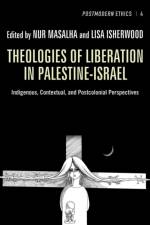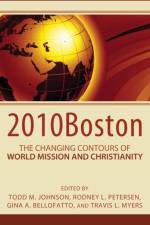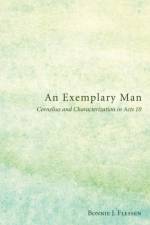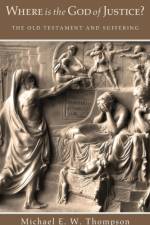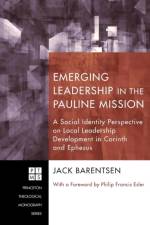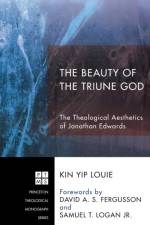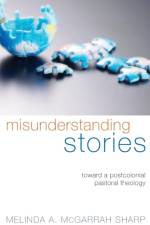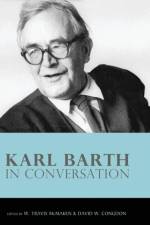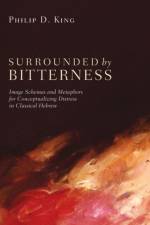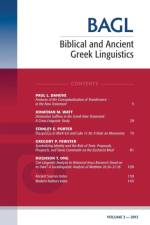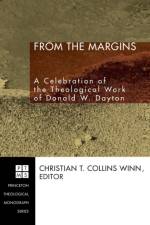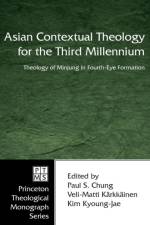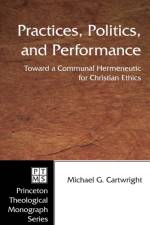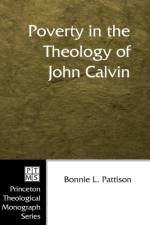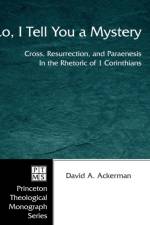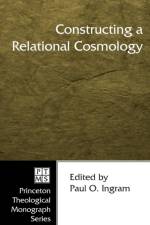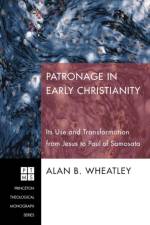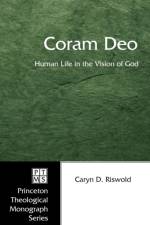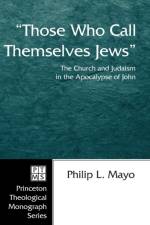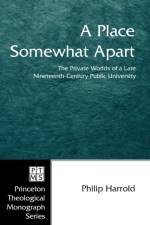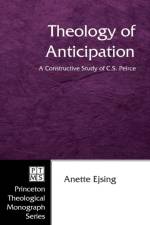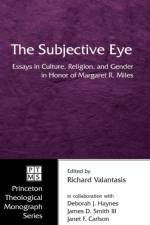von Melinda A McGarrah Sharp
48,00 €
Description:How can we work toward mutual understanding in our increasingly diverse and interconnected world? Pastoral theologian Melinda McGarrah Sharp approaches this multifaceted, interdisciplinary question by beginning with moments of intercultural misunderstanding. Using misunderstanding stories from her experience working with the Peace Corps in Suriname, Dr. McGarrah Sharp argues that we must recognize the limits of our own cultural perspectives in order to have meaningful intercultural encounters that are more mutually empowering and hopeful. Bringing together resources from pastoral theology, ethnography, and postcolonial studies, she provides a valuable resource for investigating the complexity of providing care and fostering communities of belonging across cultural differences. McGarrah Sharp illustrates a process of moving from disconnection to regard for diverse others as neighbors who share a common yearning for hopeful and meaningful connection. Leaders in faith communities, practitioners of care, and scholars will all be able to use this resource to better understand the conflicts, tensions, and uncertainties of our postcolonial twenty-first-century world. An included discussion guide facilitates classroom study, small group discussion, and personal reflection.Endorsements:""At the heart of Misunderstanding Stories are moving and exquisitely analyzed narratives of intercultural (mis-)understanding, set in the context of a Maroon village in my native Suriname. Working towards augmenting the toolbox of pastoral theology with postcolonial studies, this is a book driven by a deep hunger for humanization and justice, and informed by an embodied sense of differential privilege.""--Gloria Wekker, Professor Emeritus of Gender Studies, Utrecht University, the Netherlands""Melinda McGarrah Sharp does what few interculturalists seem able to bear--she makes our intercultural conflicts the focus of her work and our learning. The result is a book that helps us explore profound challenges: the inevitability of harming one another, deep relational breaches amid misunderstood cultural differences, self-reflexivity and complicity after colonialism, linguistic chasms, and unresolvable tensions. Adequate postcolonial interculturality is not avoiding these conflicts, but navigating them constructively. McGarrah Sharp illuminates that path.""--Kathleen J. Greider, Professor of Practical Theology, Spiritual Care, and Counseling, Claremont School of Theology""McGarrah Sharp insists that to understand we must grapple with our misunderstanding, a misunderstanding heightened by complicity within Western colonialism. The book is unique in its creative use of postcolonial theory to correct basic assumptions about identity development and empathy and its new model of care with a step-by-step analysis of relational breach, crisis, redress, and reconciliation.""--Bonnie J. Miller-McLemore, Professor of Religion, Psychology, and Culture, Vanderbilt University""Encounters across cultures are inevitably fraught with dangers of conflict and misunderstanding. Misunderstanding Stories offers a resourceful, nuanced, sensitive, and useful engagement with intercultural misunderstanding. This book makes a much-needed, substantial appeal to pastoral theologians to attend seriously to postcolonial perspectives for a more adequate response to the complexities of culture. Melinda McGarrah Sharp is to be commended.""--Emmanuel Y. Lartey, Professor of Pastoral Theology, Care, and Counseling, Candler School of Theology""McGarrah Sharp challenges readers to reflect more deeply on their own misunderstanding stories and to stay longer in places of vulnerability in order to move toward more complex forms of mutual healing and neighborly love. The writing is both scholarly and captivating, as the author distills wisdom from diverse fields and helps us understand how to live with each other with integrity and hope.""--Mary Clark Moschella, Profess

